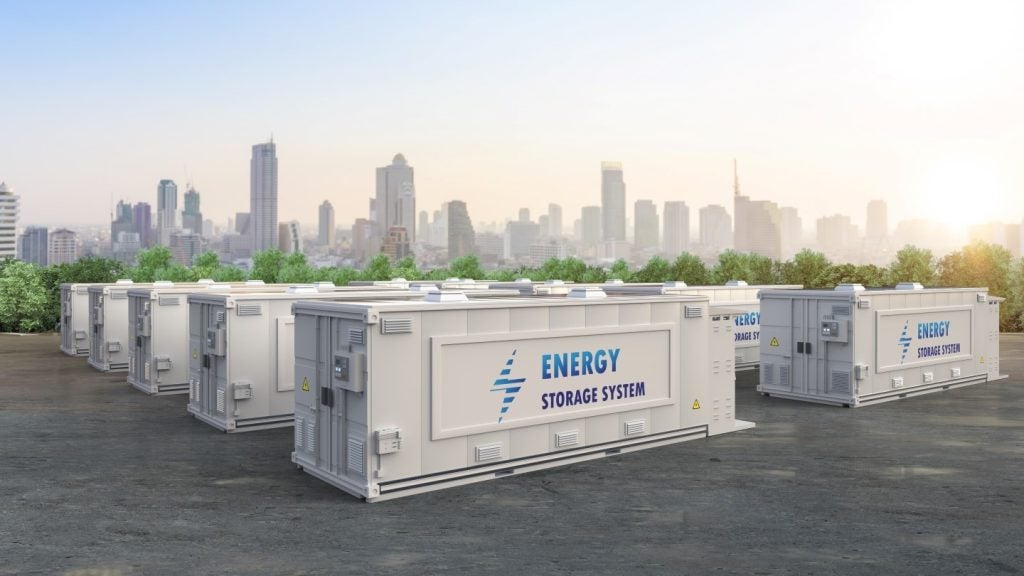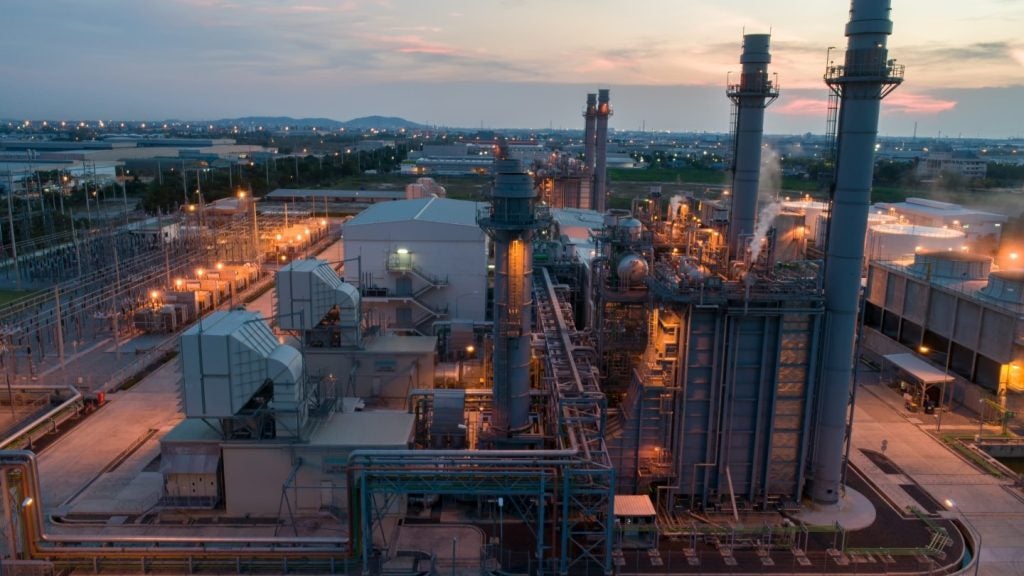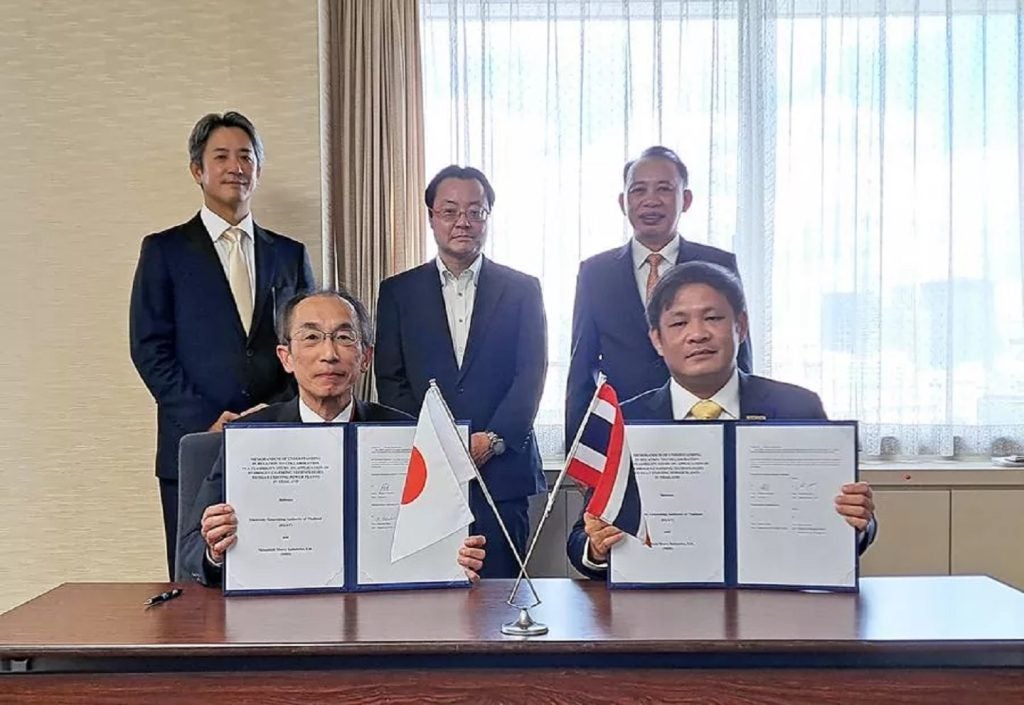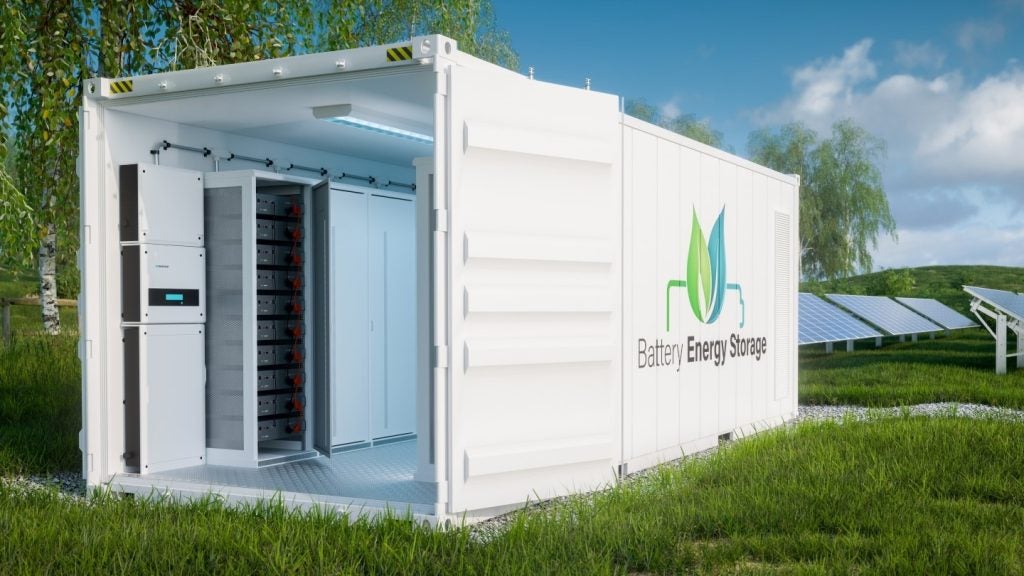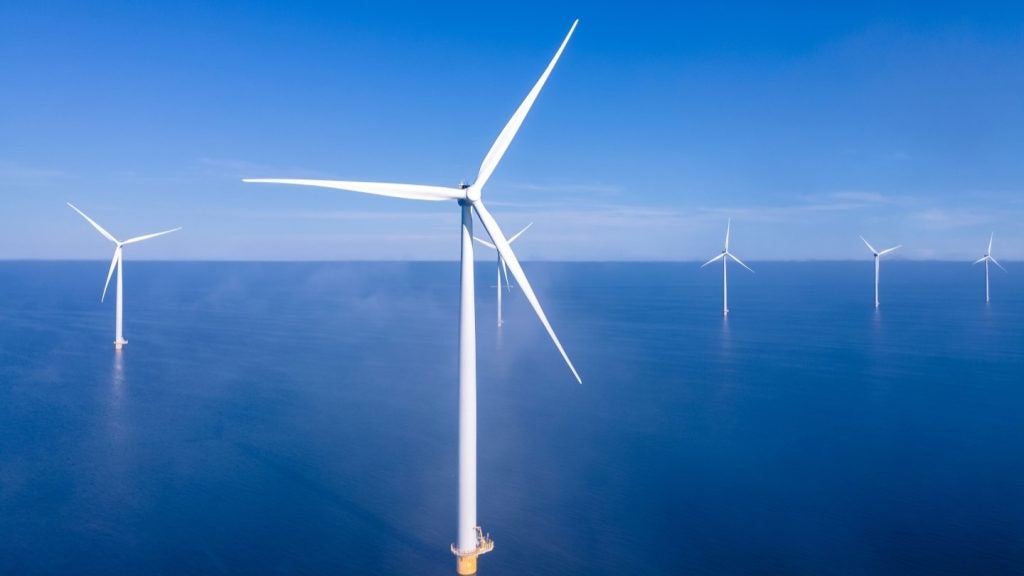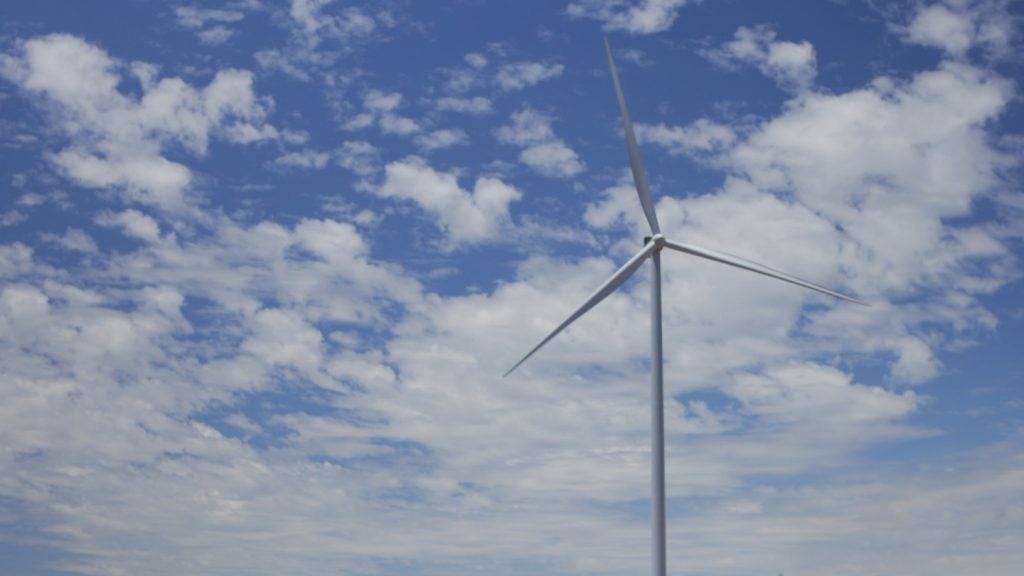Japanese trading company Sumitomo is planning to expand its battery storage capacity in Japan to 500MW by March 2031, a significant increase from the current 9MW, Reuters has reported.
The initiative is aimed at enhancing the stability and efficiency of the country's energy system amidst the growing integration of renewable energy sources.
With the country turning to renewable energy to meet its decarbonisation targets and bolster its energy security, battery storage will play a crucial role in managing the intermittent nature of solar and wind power generation.
Sumitomo's battery storage initiative aligns with its broader commitment to advance its energy transformation business.
Sumitomo’s energy storage business unit head Shigenobu Hamada was quoted by Reuters: “We aim to contribute to the stabilisation and decarbonisation of the electricity system by developing and operating large battery storages.”
“Our goal is to develop a competitive battery storage business by leveraging our proprietary operational systems.”
The company is looking to invest in the business abroad.
It forecasts that Japan's domestic battery storage capacity will increase from 2 gigawatt hours (GWh) in 2023 to 40GWh by 2030. Global capacity is expected to surge from 190GWh to 2.2 terawatt hours.
Despite the rapid global growth of battery storage, led by the US and China, Japan's development has been slower due to less pronounced price fluctuations in its wholesale electricity market, which affects the profitability of storage projects.
However, Sumitomo anticipates growth in the country’s market, driven by government incentives and structural reforms, including the creation of a market for electricity supply and demand adjustment.
The company has already established three energy storage sites, including a 6MW facility in Chitose, Hokkaido, near a planned chip plant by Rapidus.
It is also evaluating potential sites from a pool of locations with a combined capacity of 1.7GW for future battery storage development.
As renewable energy becomes more prevalent in Japan, utilities are increasingly required to regulate power output to maintain grid balance, leading to underutilised clean energy.
In December 2023 the Japanese government selected Sumitomo as one of three consortia for an offshore wind auction.
The Sumitomo-led group, which includes TEPCO Renewable Power, will develop a 420MW wind project offshore Enoshima Island and Saikai City in Nagasaki Prefecture, with operations expected to commence by August 2029.


